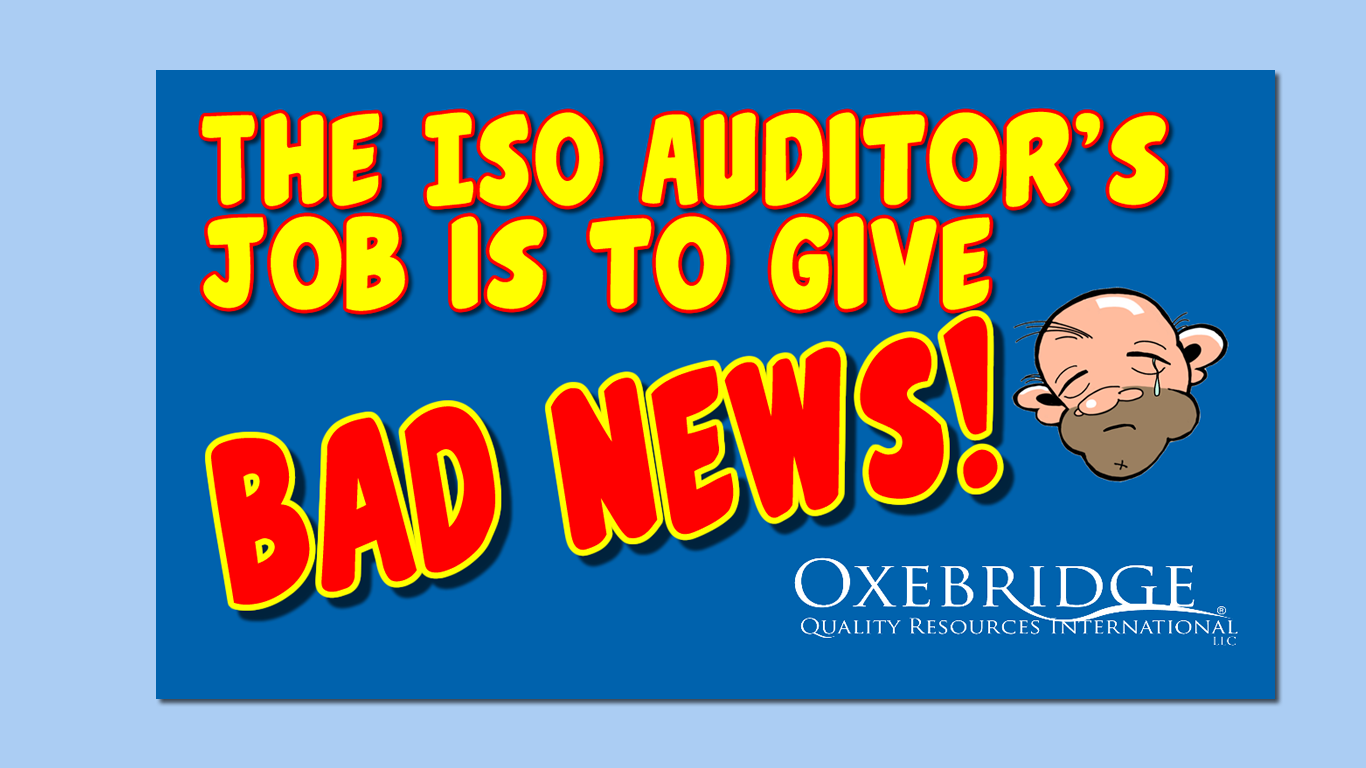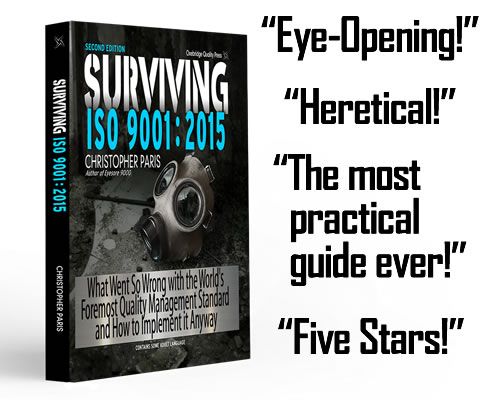The International Accreditation Service (IAS) the first accreditation body in the US to issue official rules on how it intends to honor sanctions related to the Russian invasion of Ukraine. Other bodies, such as ANAB and A2LA, have not released any such rules, and continue to flout US sanctions and international law.
The US, EU, and other regions have imposed strict sanctions against Russia and Belarus in the wake of the invasion of Ukraine, prohibiting many business transactions with those countries. Other sanctions have been in place against key Russian state-run firms and executives since the 2014 Crimea invasion, but ISO certification and accreditation bodies have largely ignored them.
IAS has released a strict document outlining how it will comply with the law, going so far as to quote the law in its official letter, and including links to applicable regulations:
All accreditation services served beyond national borders must also meet US foreign policy, national security goals and Executive Orders which requires:
U.S. based companies to not have materially assisted, sponsored, or provided financial, material, or technological support for goods or services to, or in support of activities or persons to the Russian Federation:
— refer to Code of Federal Regulations, Executive Order 14024, Section (vi), https://www.ecfr.gov/current/title-31/subtitle-B/chapter-V/part-587
— For specific financial implications, refer to US Department of the Treasury, Office of Foreign Assets Control (OFAC), https://home.treasury.gov/policy-issues/financial-sanctions/sanctions-programs-and-country-information.
IAS then quoted its own procedure on “the use of IAS endorsement in Restricted Zones,” a remarkable move that shows just how accreditation bodies can — when they want to — enforce rules on the proper usage of their accreditations and logos.
The Dutch accreditation body Raad voor Accreditatie (RvA) has also issued a policy on honoring the sanctions, one of the first EU bodies to do so. Other international bodies such as DAkkS, UKAS, and SCC have not done so.
Oxebridge founder Christopher Paris has tangled with IAS often, but praised the accreditation body for its strict stance. “IAS deserves credit in this case, as they clearly are leading the US on the subject, and showing how ABs can serve the industry while maintaining compliance with international law. IAS proves the two are not mutually exclusive.”
ANAB has refused to issue its own rules on sanctions to date, instead releasing tepid statements condemning war, but without invoking any rules to prevent the use of its logo in countries under sanctions. ANAB continues to generate revenue from its dealings in both Russia and Belarus.
RvA, IAS, and ANAB are all members of the International Accreditation Forum (IAF), the overall accreditation oversight organization. The IAF, however, has refused to issue any rules for its members to date, leaving decisions on the matter to the members themselves. The IAF Chair Emanuele Riva has adopted a bizarre legal interpretation that suggested the IAF cannot rule on such matters because they have no basis in law. In reality, the sanctions are already codified under US and EU law, and the IAF is simply violating them.
Oxebridge has warned both ANAB and IAF that their US representatives can face Federal criminal penalties for violating OFAC sanctions. ANAB acts as official Treasurer of IAF, and its executive Roger Muse signs the IAF’s annual tax returns, potentially exposing him to OFAC violation charges. ANAB’s Vice President, Lori Gillespie, is the current Vice-Chair of IAF.
Oxebridge has filed an official OFAC complaint with the Dept. of Treasury, accusing the IAF of intentionally violating the sanctions through its support of the Russian state-run military manufacturer, Rostec.
Riva lives in Italy, and works for the Italian accreditation body ACCREDIA, which also has ties to Russian firms. Italy has taken a less-strict stance against Russia, because of its close ties to that country. As a result, Riva likely faces little personal risk in his decisions to date.
Sources reported that due to the pressure by Oxebridge and some of its members, the IAF will be releasing some statement on sanctions shortly, but the content of that statement is not yet known.
The International Laboratory Accreditation Cooperation (ILAC) is set to merge with the IAF in the next year or so, and has also refused to honor sanctions. ILAC has a greater business presence in Russia than even the IAF. Oxebridge has called on ILAC to take action, and they have so far ignored the demand.
The International Organisation for Standardization (ISO) has also refused to honor the sanctions, and continues to allow Russia to re-sell its standards. ISO receives revenue from Russia as a result of those sales, and continues to allow Russia and Belarus to hold key positions in standards development committees.







